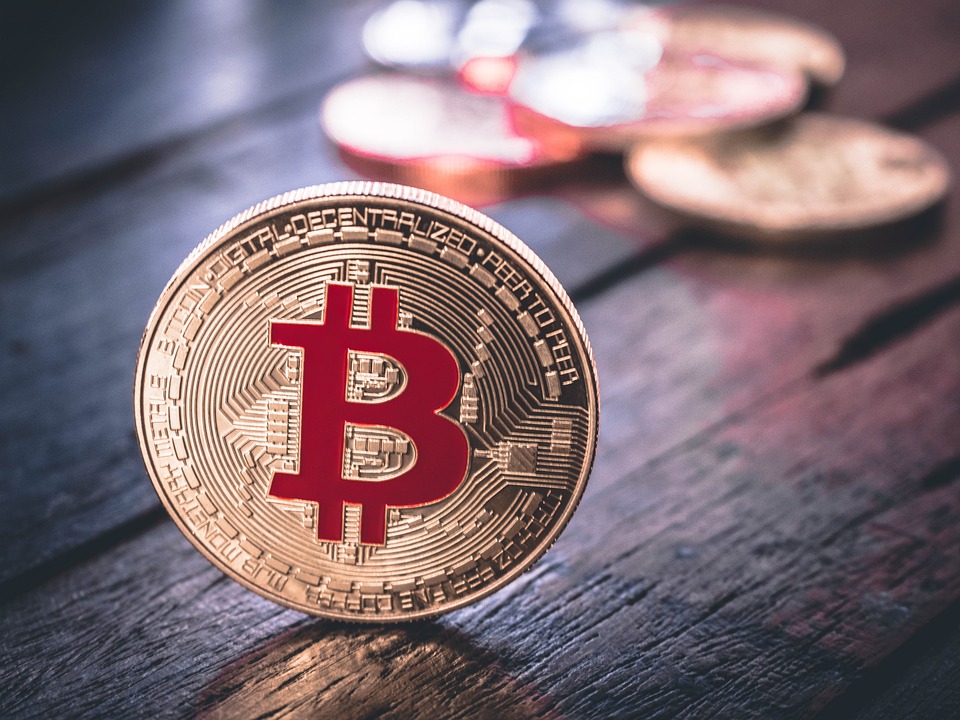Decentralization has become a buzzword in the world of governance, signaling a shift away from traditional, centralized power structures towards a more democratized and transparent approach to decision-making. The idea of breaking the mold and decentralizing governance has gained traction in recent years as technology has made it easier for individuals to communicate and collaborate on a global scale.
Decentralization is not a new concept, but its implementation in governance has the potential to revolutionize how societies are organized and governed. By distributing power among a network of individuals or organizations, decentralization allows for more inclusive, participatory decision-making processes that can better reflect the diverse needs and opinions of a population.
One of the key drivers of decentralization in governance is blockchain technology. Blockchain, the underlying technology behind cryptocurrencies like Bitcoin, allows for secure, transparent transactions and data storage without the need for central authorities. This has opened up new possibilities for decentralized governance structures, such as decentralized autonomous organizations (DAOs) which operate through smart contracts on the blockchain and allow for collective decision-making without a central authority.
Another factor contributing to the decentralization of governance is the rise of social media and other online platforms that enable individuals to connect and collaborate on a global scale. These platforms have democratized communication and information sharing, empowering individuals to organize and mobilize around issues that are important to them.
Decentralization has the potential to address a number of issues in governance, including corruption, inefficiency, and lack of transparency. By distributing power and decision-making authority among a network of stakeholders, decentralization can make governance processes more accountable and responsive to the needs of the people.
One of the most promising aspects of decentralization in governance is its potential to increase participation and representation in decision-making processes. By allowing individuals to have a direct voice in how their communities are governed, decentralization can help to ensure that a wider range of perspectives are taken into account and that marginalized voices are heard.
However, decentralization is not without its challenges. As power is distributed among a network of stakeholders, it can be difficult to ensure accountability and consensus among all parties. Additionally, decentralized governance structures may be susceptible to manipulation or capture by certain groups or individuals.
Despite these challenges, the potential benefits of decentralization in governance are significant. By breaking the mold of centralized power structures and embracing more inclusive and transparent decision-making processes, societies can create more responsive, equitable, and effective governance systems that better serve the needs of all citizens.
In conclusion, decentralization is revolutionizing governance by breaking the mold of traditional, centralized power structures and empowering individuals to participate in decision-making processes. By harnessing the power of technology and embracing more inclusive and transparent governance structures, societies can create a more democratic and responsive governance system that better serves the needs of all citizens.
